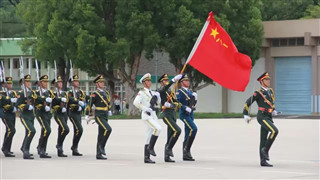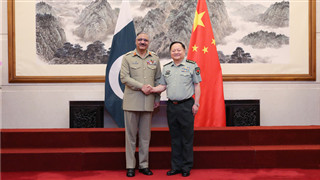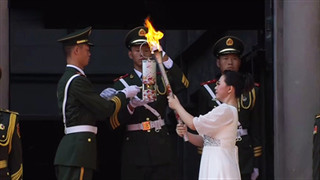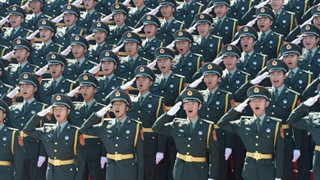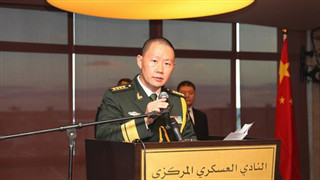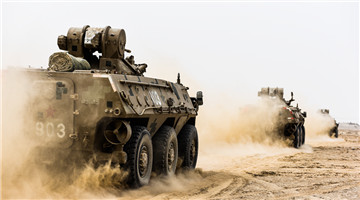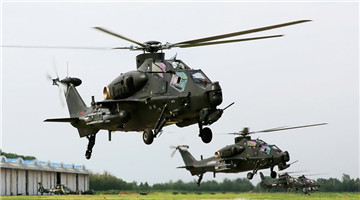China on August 1 marked the 92nd anniversary of the founding of the People's Liberation Army (PLA).
As China's national defense enters a new era, multiple arduous tasks have fallen on the shoulders of the country's army. But China has pledged to protect those who have spent their lifetime – and risked their lives – to protect its borders, national sovereignty and interests.
To that end, the Chinese Ministry of Veteran Affairs was established last August. So what exactly are its tasks? And how does China differ from the U.S. – the largest military spender in the world – in tending to its servicemen and servicewomen?
The U.S. case
According to 2016 data from the U.S. Department of Veterans, the country had 20.4 million veterans, or less than 10 percent of the adult U.S. population.
Veterans in the U.S. receive cash compensation and non-cash benefits. The former includes a basic salary, basic allowance for housing and subsistence, and federal tax advantages. The latter mainly refers to health care for military personnel and their families.
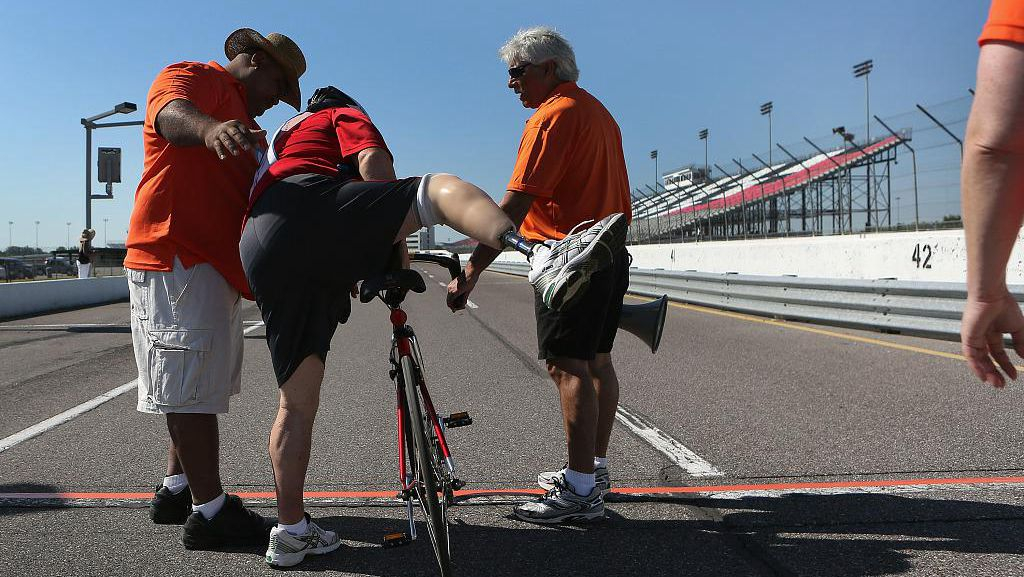
The Veteran Health administration (VHA) and the Veteran Benefits administration (VBA) serve the needs of service members in the U.S.
The VHA is the largest integrated health care system in the U.S., providing services at 1,255 health care facilities, including 170 medical centers and 1,074 outpatient clinics. It serves nine million enrolled veterans each year. Meanwhile the VBA mainly focuses on the education, pension and compensation of the veterans.
The China case
The Chinese Ministry of Veteran Affairs has established an overall framework that integrates administrative, educational and supportive services for veteran affairs.
"570 million military personnel have taken off their uniforms and become veterans since the the founding of the People's Republic of China," the ministry said Wednesday at a press conference.
The ministry has established a record for each veteran and leveled up pensions to those with disability.
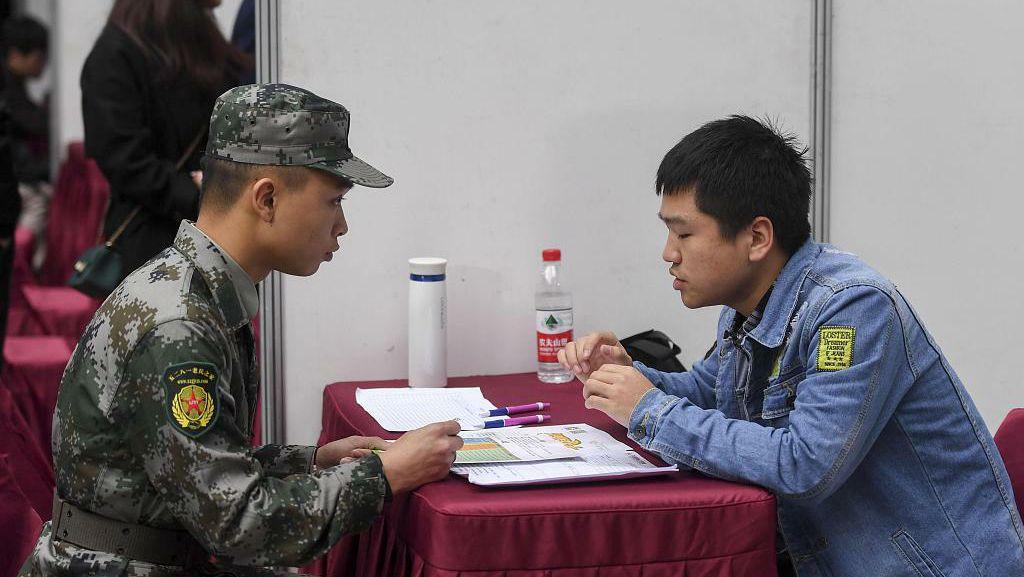
So what is the difference?
The U.S. does not provide direct jobs for its veterans. Compensations and pensions are granted in accordance to their ranks during service time.
According to the Defense Officer Personnel Management Act, a federal law passed in 1980, a military personnel can acquire pay after the end of their service as well as various types of support for education and health care.
Meanwhile in China, apart from compensations and pensions, the Chinese government, through an administrative order, ensures that state-owned enterprises and public institutions have vacancies for veterans who would continue their service for the country in a different way.
"We will further innovate our policy system to transform the idea from giving people a fish to teaching people how to fish," said Sun Shaochi, Chinese minister of veteran affairs on Monday.

